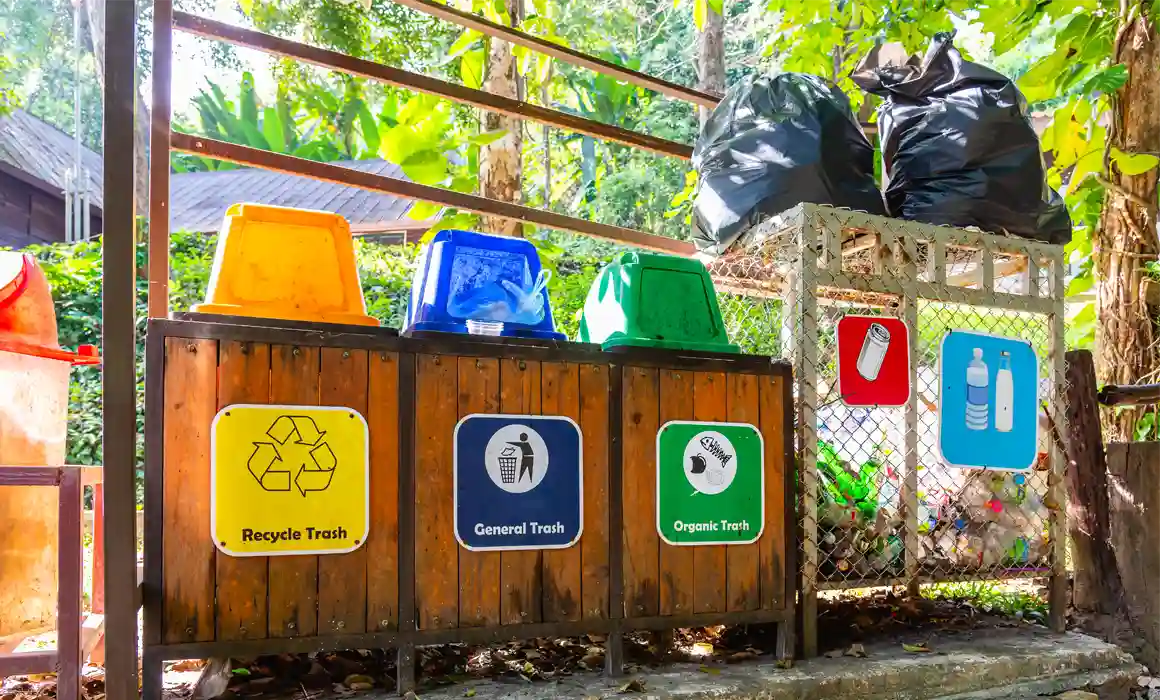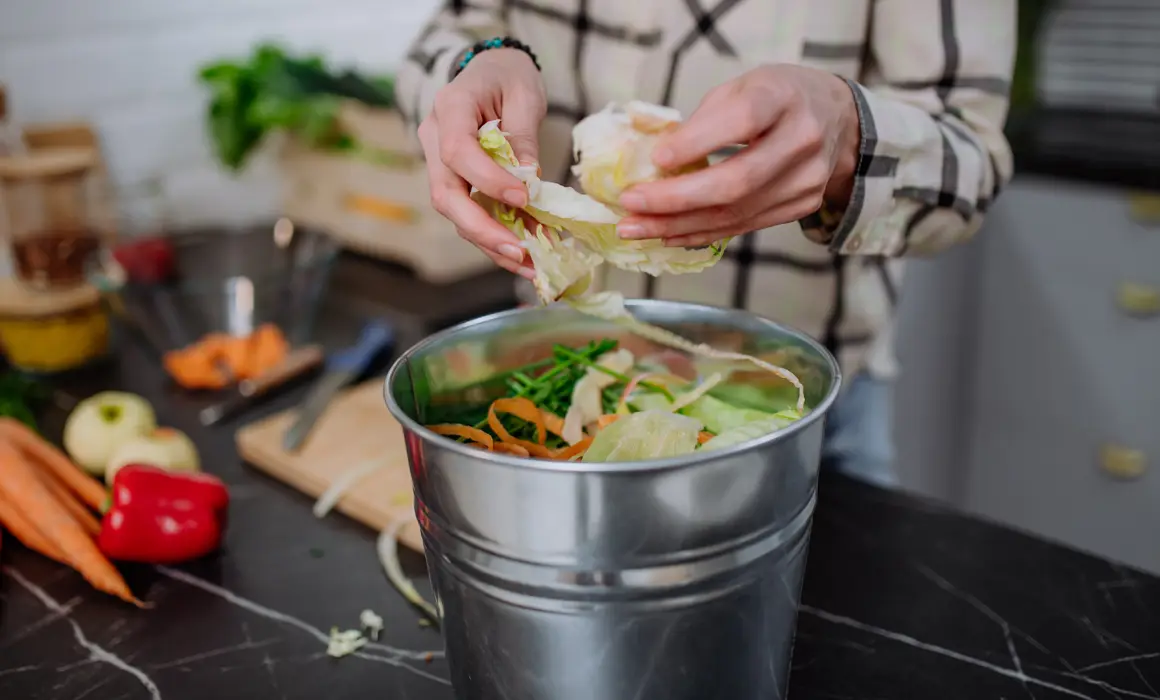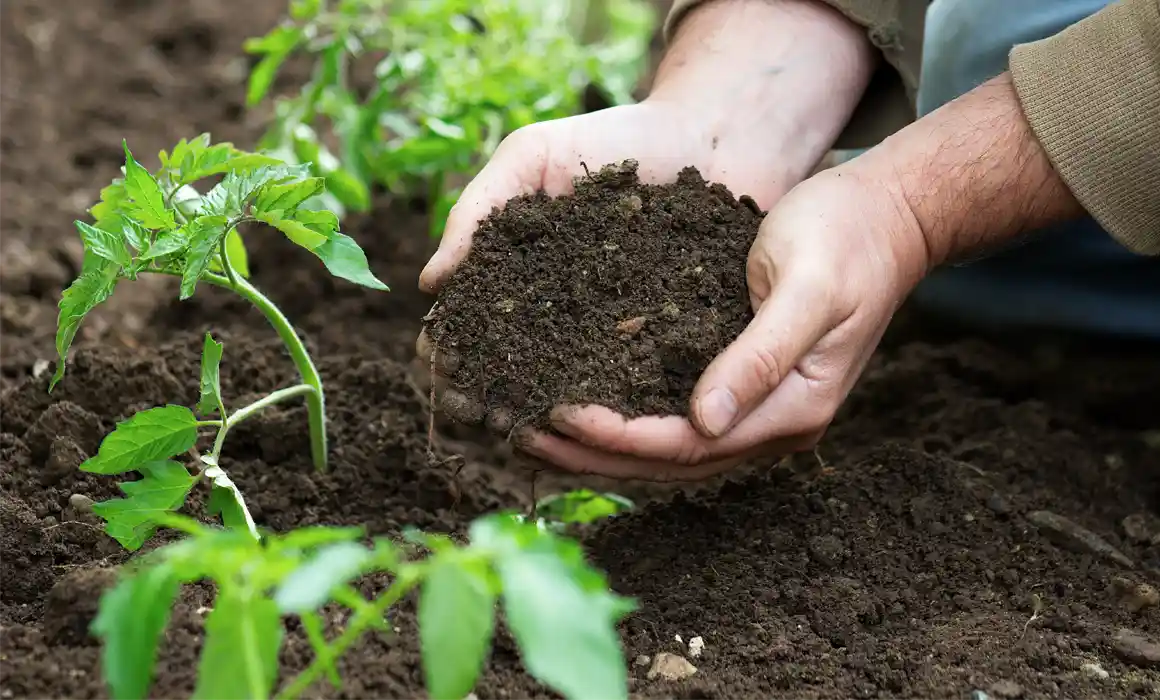As we strive for a more sustainable future, especially in light of California’s Senate Bill 1383 (SB 1383), it’s essential to address the challenges faced by residents of multifamily buildings in participating in organics recycling programs. This legislation mandates that jurisdictions reduce organic waste disposal by 75% by 2025, making it crucial to overcome the barriers to effective organic recycling in these settings.
The Problem: Limited Space and HOA Opposition
In California, many multifamily properties struggle with limited space for additional recycling containers, exacerbating the challenges of compliance with SB 1383. Additionally, homeowners’ associations (HOAs) often present obstacles, as some members may resist the addition of a third container for organics due to concerns over space, odors, pest attraction, and aesthetics.
Alternative Solutions
For those multifamily residents who lack access to city-sponsored organics collection programs, several alternative solutions can facilitate organics recycling:
- Balcony or patio vermiculture boxes: These compact systems utilize worms to break down organic material into nutrient-rich compost.
- Kitchen countertop units: Small composters designed for indoor use can help residents manage their food scraps effectively.
- In-sink garbage disposals: While not the most ideal solution, they can serve as a temporary measure for organic waste disposal.
- Sharing with neighbors: Residents may consider adding their organics to a neighbor’s recycling container, with permission, to collectively manage waste.
Game-Changers: 24-Hour Rapid Onsite Composters
Innovative technologies like the Reencle Home Composter by Jeden Bioscience offer promising solutions for multifamily buildings looking to meet SB 1383 requirements. This countertop unit utilizes microorganisms to quickly and efficiently convert food scraps into compost. Its compact and odorless design makes it well-suited for residential use.
For larger multifamily buildings, the MegaReencle Commercial Composter is an excellent option. Designed for commercial food businesses, this model incorporates advanced features such as weighing and user management, allowing buildings to track individual users’ waste disposal amounts efficiently. This capability can support compliance with SB 1383 by providing actionable data on organic waste diversion.
Conclusion
Residents in multifamily buildings are not overlooked when it comes to organics recycling under the mandates of SB 1383. By exploring alternative solutions and adopting innovative technologies like the Reencle composter, we can ensure that all Californians, regardless of their living situation, have access to effective and sustainable organics recycling options. Addressing these barriers will be vital in achieving the state’s ambitious environmental goals, paving the way for a more sustainable future for everyone.
Resources
This article is based on the original article published in the Ventura County Star by David Goldstein, Ventura County PWA, W&S, IWMD, (805) 658-4312.
- Eco-tip: Multifamily buildings often left out of organics recycling programs (yahoo.com)
- MSN: https://www.msn.com/en-us/money/realestate/eco-tip-multifamily-buildings-often-left-out-of-organics-recycling-programs/ar-BB1lb8vA?ocid=entnewsntp&pc=U531&cvid=bfdae0ce7123429fb45d78bbe15ff55f&ei=64
- VC Reporter: https://www.vcreporter.com/news/quick-green-tip-multi-family-buildings-are-not-forgotten-but-may-be-left-out/article_807cb548-f1f5-11ee-8688-b3ccdce58b71.html
- VC Star: https://www.vcstar.com/story/news/local/2024/04/06/eco-tip-multifamily-buildings-often-left-out-of-organics-recycling/73195328007/





